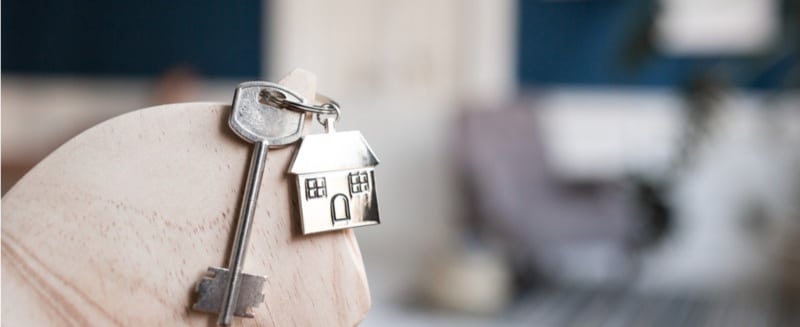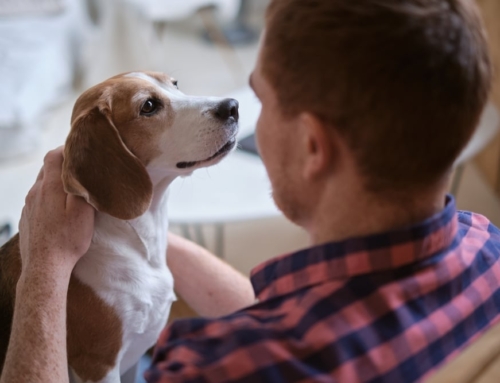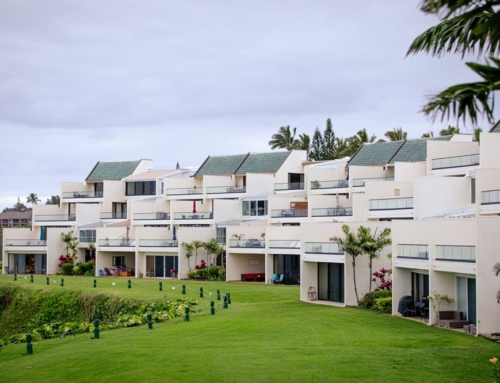Trying to decide if you should buy a new house and rent out your old house? A good idea is to decide whether it will be a short or long term investment.
Q: My wife and I have saved about $225,000 and want to buy a bigger home with the cash. We owe about $120,000 on our current home. Our monthly mortgage payments are about $1,000. When we bought our new house, we paid $160,000 for it, and it is now appraised at around $126,000. We want to rent our current house and possibly get around $1,200 per month.
First, is this a good idea? Here’s the second question. My wife wants to find a home that’s around 10 to 20 years old. She feels those homes are bigger with more land. I’d like to find a new home that is more energy efficient, without the worry about having to replace the roof or other mechanical systems. What would you suggest we do?
A: Whether you want to borrow money to buy your next home is a personal decision only you can make. You’ve saved quite a bit of money for your next home, but we wouldn’t want to see you tie up all of your cash in your home and not have some left for expenses, emergencies or to put into your retirement.
Interest rates are so low, that you might want to buy your next home and still have a loan on that property. The size of the new loan would be up to you, but depleting all of your savings to put into the new home would probably not be a wise idea. Now, if you have also been able to contribute to your retirement accounts and have other savings to use for living expenses or emergency situations, then putting all of that cash into your new home would make some sense.
While we’re not financial advisors we’d think that many advisors would probably tell you that putting all of your cash into one stock, one bond, one mutual fund, or one piece of real estate is probably not good planning for your future. There’s a balance there for you to find, probably with some cash going into your new home and other cash going to different investments.
Your decision to rent the home is up to you, but you need to understand why you want to keep the home, whether you want and like to be a landlord, and determine what your expectations are for the home as an investment in the short term and in the long term.
As a short-term investment, you might lose money on the home every month depending on your expenses. If the home does not increase in value and you keep it for several years, your choice to rent the home may be a poor investment decision. Unless you’re able to be in a cash positive position, keeping your home as a rental may not be a smart investment move.
Now let’s address your question about whether it’s savvier to buy another new home or an existing home. In our mind, the primary consideration is location. You can buy a large home, but you won’t like it much if you don’t like where it’s located.
The Great Recession has made existing homes even cheaper compared with newly-built homes. This hasn’t always been the case. Existing home prices in many areas were about the same price as new construction homes. If there was a difference, the new homes might be higher but that premium was justified due to the new appliances and the premium buyers were willing to pay to having everything new.
The difference in cost can be huge. You have to determine what new construction homes go for in your area and then assess what comparably sized homes in similar neighborhoods with similar school systems go for existing homes.
After obtaining that information, you can generally assess the market and the pricing differences between various types of homes. Once you’ve considered the neighborhoods and other factors, you might find that your wife is closer to being right about getting what she wants over your view that a newer home will have fewer issues.
In general, new construction homes aren’t issue-free. In fact, you will sometimes have more problems with a new home than an older one.
We’ve found than appliances don’t last as long as they used to and this includes many major elements of a new home. But consider this: If hot water heaters, furnaces, air-conditioning equipment, kitchen appliances, disposals, humidifiers, dehumidifiers, pumps and other equipment last less than 10 years, then you may find yourself replacing a whole lot more than you want if you buy a 10-year old home. But if you buy a home that older and has had all of those components swapped out, you may find that you won’t have to replace as much in the coming years.
When it comes to the structure of the house, a new home could still have problems.
While it’s true that you shouldn’t have to worry about the roof of a newly constructed home, but if that roof was installed improperly, you – as the new buyer – will be the one to figure that out. Siding on homes, roofing materials, doors and windows may not last as long as you’d wish. If inexpensive construction materials were used in a home from 10 or 20 years ago, again, you will be the one having to replace siding, windows, doors and other elements of the home.
Whether you buy a newly constructed home or an existing home, you should have a home inspector walk you through the home, before you’re committed to buying it. If your inspector finds that the quality of construction for the builder of your newly constructed home is inferior, would you really want to buy that home?
Moreover, if your inspector tells you that your 20-year-old home has never had any work done to it and all of the appliances and fixtures are original to the home, would you be prepared to live there the next five years replacing all of those items?
New construction homes have their advantages and disadvantages over existing homes. You’ll need to evaluate all of these issues in making a decision that’s right for both of you.
[amazon_link asins=’1524763438,1542618886,B06WWHK4P2′ template=’ProductCarousel’ store=’thinkglink-20′ marketplace=’US’ link_id=’33cd2317-3760-11e8-afbd-43cd8ae90203′]







Leave A Comment